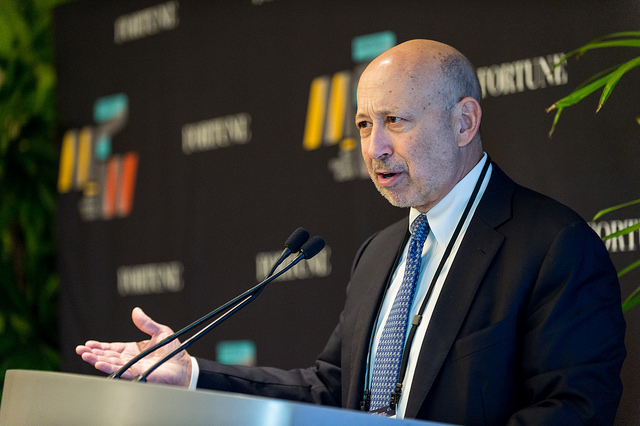
Stuart Isett / Flickr
As part of the 2017 tax bill, Congress came within a whisker of abolishing the estate tax. In the end, Congress weakened the century-old levy on inherited wealth paid exclusively by multi-millionaires and billionaires.
The estate tax was one of the substantive negotiating points of the joint tax conference committee that reconciled the differences between House and Senate versions in December 2017. House Republicans, fulfilling a decades-old aspiration, voted along party lines to abolish the tax.
Senate Republicans were divided and several wondered aloud about the necessity of complete repeal. Arizona Senator Jeff Flake, in a moment of candor, pointed out that Congress had already “done pretty well” in modifying the estate tax. He questioned the GOP contention that estate tax repeal would have a positive economic benefit, doubting “whether [repeal] stimulates that much more.”
…